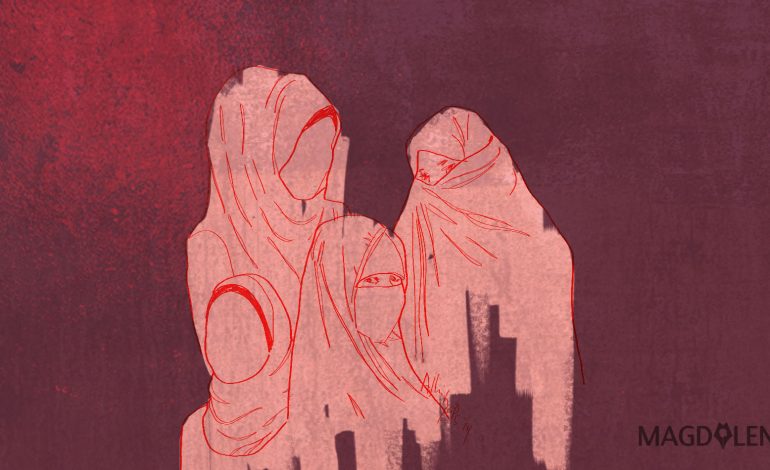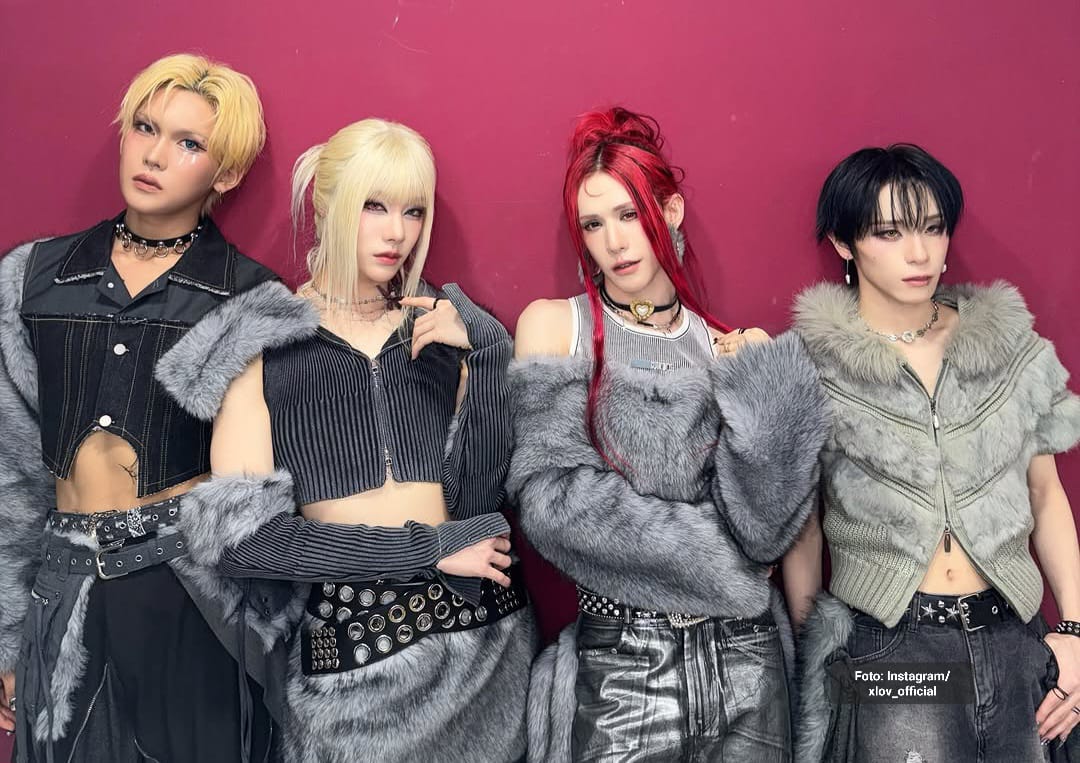Libertarianism and Feminism

I made an observation following Women’s March Indonesia on three groups of people who condemned the march.
The first group is obviously the religious conservatives, who claimed that the march carried “LGBT agenda”. It could have been worse – in Kuala Lumpur the marchers were attacked by a group of men who grabbed and damaged their placards, and then went to police to report the marchers for being “liberal pro-LGBT” people.
The second group is antisocial nerds, who complain that feminists are “ruining” their entertainment. They are unapologetically racist and homophobic. They posted pictures of marchers and commented that the women were “fat” and “ugly”, while the men were “beta male” and “cuck”, short of cuckolded.
And the attack didn’t only happen online. A man rode his bicycle dangerously toward marchers in Bandung, then boasted that he “raided the SJWs [social justice warriors]”. The next day he apologized, and although at first people assumed he was a religious conservative, he used a couple of Russian pen names and inserted a Russian flag emoji. Some people said he was a Russophile geek.
I identified the third group as libertarians. This label is of course based on generalization and doesn’t accurately describe everyone, but members of this group distinguish themselves from the other two groups. First, they are critical of religions, many identify as atheists, and they retweeted Western anti-Islam commentators. Second, many of them are socially active and fashionable, and also having friends from the LGBT communities.
They, however, dislike feminists and dismiss feminists as “SJWs”. Many argue that #MeToo is a “witch hunt” and dislike the increase of minority representation in Hollywood. Black Panther was their target of derision, as they agree with white conservatives that heterosexual white men are being “erased out” of Hollywood.
A decade ago, I strolled around Singapore’s Waterfront Promenade, and watched some singers-songwriters performing. After a song, one girl talked to the crowd about Ayn Rand and how Atlas Shrugged had changed her life. I scoffed and felt like leaving, to the confusion of my date.
Atlas Shrugged is a tale of business owners fighting against the oppression of a socialist American government. It was written by a woman and the protagonist is a businesswoman, and is a canon of libertarianism, along with Friedrich Hayek’s The Road to Serfdom.
Libertarianism was never popular in Asia and Australia in 2000s, so I wondered why a growing number of Singaporean women embraced it in late 2000s. Turned out, embracing an individualist and anti-socialist ideology is pretty safe in Singapore (safer than being a liberal concerned about death penalty and systemic racism), while the emphasis on reason and individualism freed them from whatever they felt constraining them – religion, family, and tradition. And they didn’t have to care about public welfare.
Libertarianism has gone global and won converts in Indonesia in this decade, and just like in other ideologies (including feminism), there are different types of libertarians, and libertarians would also combine their worldview with other ideologies.
Like in the United States, libertarianism here spread among the tech crowd, who believe that regulations and taxation hinder their creativity, obstruct progress, and rob them of the fruit of their hard work and genius. In campus, libertarianism offers solution to people who believe that religion holds Indonesia back, but who also believe in capitalism and individualism.
Some Indonesian socialists and libertarians can get along with each other because both groups are skeptical of mainstream politics and can discuss Western politics, philosophy, and pop culture with each other. Some left-wing people in the West also prefer to identify themselves as “libertarian left”, as they believe in both personal choice and social equality, but don’t trust the state.
Feminism and libertarianism can live with each other, and there are libertarian feminists. Many libertarians, however, dislike feminists for different reasons. According to them, feminism imposes groupthink, especially in discussing race and sexuality. Feminists give too much space to Islam. Feminists belittle the achievements of great men while accusing them of harassment. Feminists don’t appreciate personal choice and responsibility enough, blaming everything on the system instead.
Many pundits in the West believe that libertarianism is essentially a white man ideology, and can dangerously veer into white supremacy. Libertarians reject such view, and Indonesian libertarians proudly say that they are the proof that libertarianism welcomes everyone. Libertarians here point out two women of color they admire – Somali-American activist Ayaan Hirshi Ali and Iranian-Australian columnist Rita Panahi.
Both women, however, are not libertarians, and are more famous for their anti-Islam activism. Unfortunately, many sympathizers of libertarian ideas (as in free enterprise, individualism, and free speech) here are prone to retweet white supremacists like Katie Hopkins and Ian Miles Cheong, and share Islamophobic memes and posts. Do they believe that white supremacy is the antidote to Islamism in Indonesia?
As a liberal, I wondered why in Southeast Asia libertarianism catches more interest than liberalism. Perhaps radical politics are more interesting in this decade – fringe parties have good chance to join a winning coalition in elections across Europe, and there are concerns that the world does not believe in liberal democracy anymore. While governments across Asia condemn liberalism, they are yet to condemn libertarianism, partly because most people have never heard of it, while most people have a mental picture of what liberalism means – frolicking youth and frivolous entertainment.
I am not sure how feminists and libertarianism can get along. Most feminists now condemn capitalism, seeing it as the other half of patriarchy.
Libertarians, meanwhile, support capitalism and don’t believe in the existence of the patriarchy. As I mentioned, socialists (including socialist feminists) and libertarians in universities can get along, united by their disappointment with religious family members, love of arts, and perhaps hatred for identity politics. I also respect some Indonesian libertarians like Poltak Hotradero, who offers great insight into Indonesian politics and economy.
My best bet (and hope) is that when it comes to election, both feminists and libertarians will vote for the better candidate, whoever and wherever they are.






















